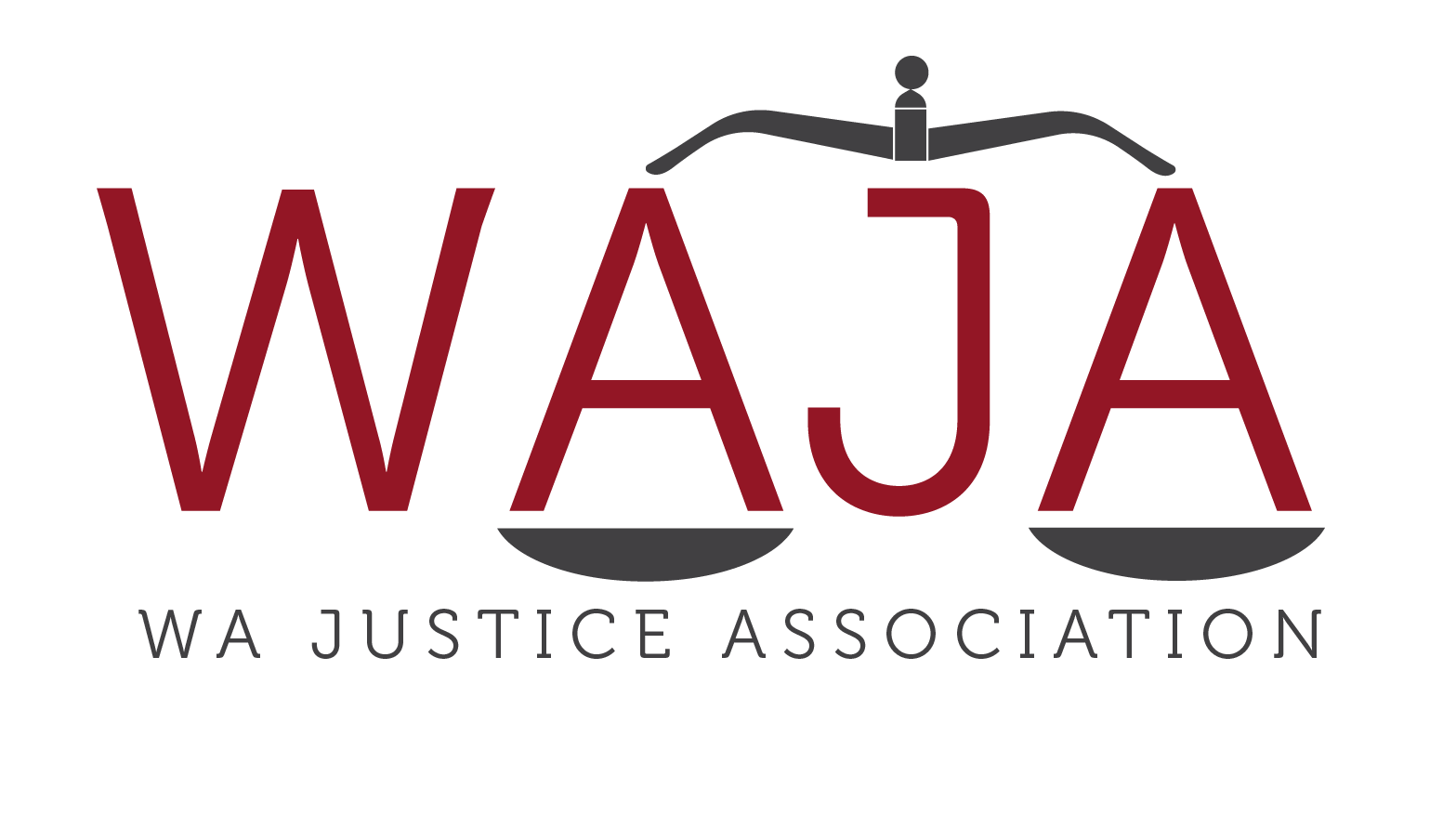Judges Attend Cultural Immersion Program - Why It's Important
JUDICIAL EDUCATION - THE TRIP
In September, judges from around the country travelled to the West Kimberley to take part in a 3-day immersion program organised by the University of Notre Dame's Nulungu Institute. The program aims to increase judicial officers’ understanding of First Nations cultures to reduce injustices that First Nations Australians face in our courts. First Nations Australians are 13 times more likely to be incarcerated than non-Indigenous Australians; a lack of cultural awareness and language barriers play a significant role in this overrepresentation.
The judges learned that, at times, answering questions in court can directly conflict with First Nations cultural protocols. For example, cultural protocol may prevent an Indigenous person from mentioning the name of a relative in court. Adhering to cultural protocol may be perceived by a judicial officer as intentionally withholding information. The program also highlighted the importance of providing interpreters to overcome language barriers where required.
WHO WENT?
26 judges attended, including:
19 from the District Court of Western Australia
two from the Supreme Court of Western Australia (General Division)
one from the Supreme Court of Western Australia (Court of Appeal); and
four from the Federal Court of Australia, representing Queensland, Victoria and New South Wales
Chief Judge Wager of the District Court said, “We have too many Aboriginal people in the Court system, be they victims, witnesses, litigants or offenders and we need to make sure that the Court is a culturally secure place.”
THE NEED FOR JUDICIAL EDUCATION
The ultimate purpose of judicial education is to improve the quality of justice across Australia. The Australian Judicial Officers Association (AJOA) is the representative body for judges and magistrates across Australia, and requires each judicial officer to spend at least five days a year participating in professional development.
Ongoing judicial education, and particularly training such as this conference, is crucial to ensuring that ‘justice’ is truly just.
THE JUSTICE SYSTEM’S INFLEXIBILITY AND FAILINGS
“I didn’t understand the evidence, I wasn’t asked and I just stood there not understanding what is happening”.
Our criminal justice system does not always accommodate people who do not speak English. Consequently, these people can receive sentences for charges that they do not understand.
Furthermore, there are various reasons why certain matters may not be appropriate to discuss in court in First Nations cultures, and not knowing or remembering may not be the whole truth. Cultural protocol can prevent First Nations Australians from (for example) looking at certain relatives or speaking their names. This means that having to answer questions about them in court and attempting to comply with court instructions can potentially cause deep offence to their family.
“Unwillingness” to speak on a matter may actually be abiding by cultural obligations not to give out that information.
1991 ROYAL COMMISSION RECOMMENDATIONS
On 10 August 1987, then Prime Minister Robert Hawke announced the formation of a Royal Commission to investigate the causes of deaths of Aboriginal people while held in State and Territory jails. The Commission produced a number of reports, including individual reports for each of the 99 deaths investigated by the Commission.
The Commission noted that First Nations people are affected by various issues such as higher rates of alcoholism, incarceration, larger families and lower than average education than other groups in Australia.
The Commission made 339 recommendations, including that imprisonment only be used as a last resort. The report also called for medical assistance where the condition of detainees deteriorates; greater collaboration with First Nations communities; improved access to records; and, more broadly, initiate a process of reconciliation between First Nations Australians and non-Indigenous Australians.
FINAL NOTE
There have been 517 Indigenous deaths in custody since the Royal Commission. This judicial education is a necessary step—but we will not see meaningful change until the WA Government shifts its predominately punitive criminal justice policy approach to one that is focused on justice reinvestment, rehabilitation and restorative justice.
REFERENCES
Erin Parke, ‘Judges go bush to learn about Indigenous culture, with the aim to deliver fairer justice in courts’, ABC News (online, 14 September 2022) <https://www.abc.net.au/news/2022-09-14/judges-go-bush-in-wa-to-learn-about-indigenous-culture/101414554>
The National Tribune, ‘Judges immersed in Kimberley Aboriginal culture’, The National Tribune (online, 14 September 2022) <https://www.nationaltribune.com.au/judges-immersed-in-kimberley-aboriginal-culture/>
Justice J Allsop, ‘Continuing Judicial Education: the Australian Experience’ Paper presented at the International Forum on Judicial Training, National Judges College of China, 8–10 June 2011, Beijing, 1.
Naomi Parry, ‘Royal Commission into Aboriginal Deaths in Custody (1987 – 1991)’, Find & Connect Resources (Web Page, 21 March 2018) <https://findandconnect.gov.au/ref/nsw/biogs/NE01229b.htm#tab5>.
Australian Institute of Criminology, ‘Deaths in Custody in Australia’ Quarterly Dashboard (Web Page, 30 June 2022) < https://www.aic.gov.au/statistics/deaths-custody-australia>.


